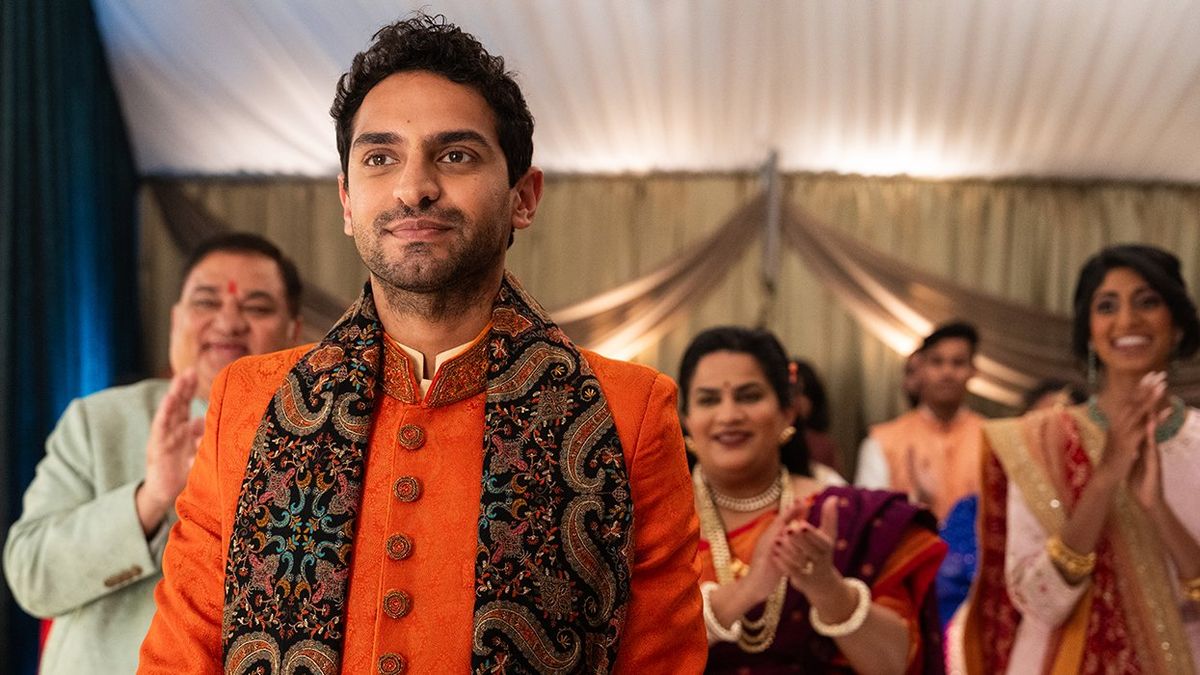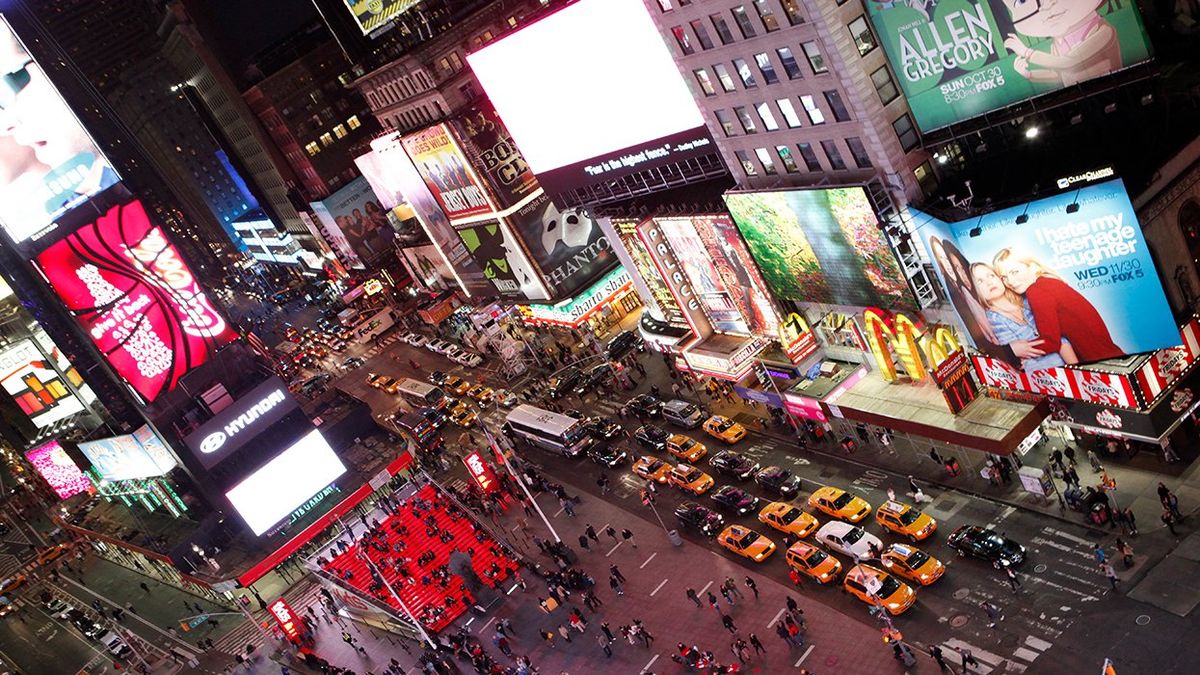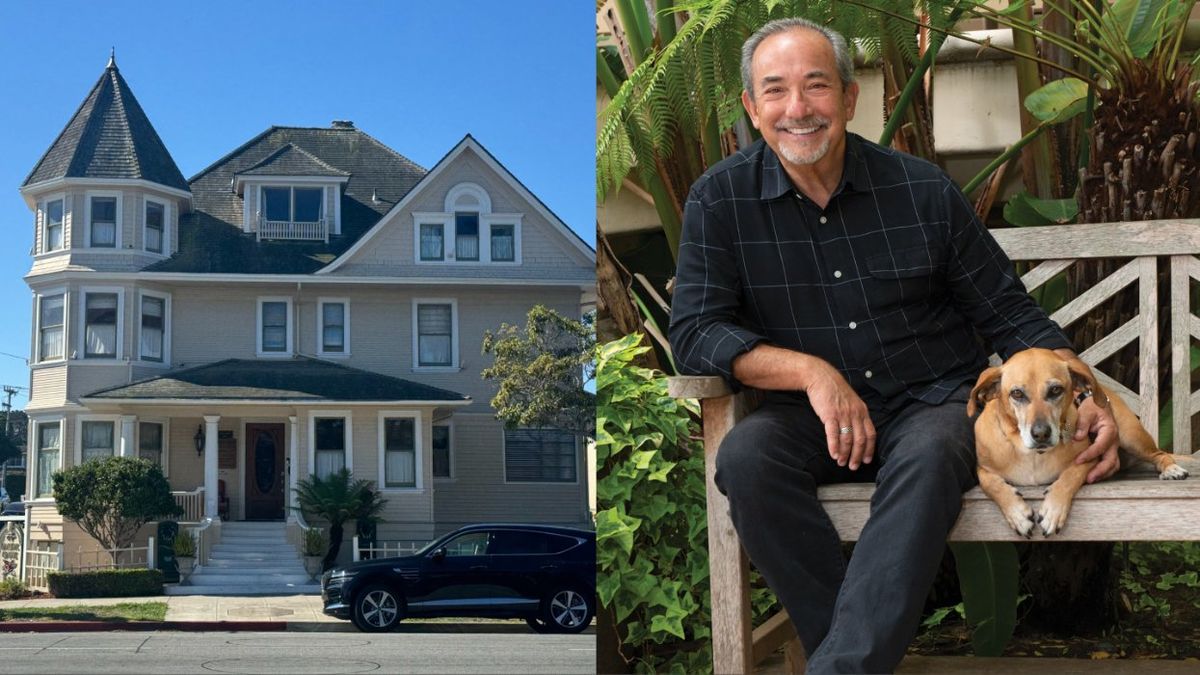The Russian Supreme Court granted a request from the country’s Ministry of Justice to label the “international LGBT social movement” as “extremist,” a move advocates and the local LGBTQ+ community fear will lead to a larger and more violent crackdown.
The decision was made behind closed doors and took less than four hours for the judges to reach their decision. On November 18, Russia’s Ministry of Justice announced it had petitioned its country’s Supreme Court to declare the “international public LGBT movement” an extremist element and ban its activities within the country.
“The Russian Ministry of Justice has lodged an administrative legal claim with the Supreme Court to recognize the International LGBT public movement as extremist and ban its activity in Russia,” the ministry said in a statement at the time.
Not only did the court grant the ministry’s requests, but it also declared that the ruling would go into effect immediately.
Critics pointed out the ban does not define what constitutes an LGBTQ+ entity or organization and expressed concern the ruling will give a green light to a harsh crackdown on the LGBTQ+ community in general.
“This shameful and absurd decision represents a new front in the Russian authorities’ campaign against the LGBTI community,” Marie Struthers, director for Eastern Europe and Central Asia at Amnesty International, said in a statement. “The ruling risks resulting in a blanket ban on LGBTI organizations with far-reaching violations of the rights to freedom of association, expression, and peaceful assembly, as well as the right to be free from discrimination. It will affect countless people, and its repercussions are poised to be nothing short of catastrophic.”
Others accused Russian President Vladimir Putin of using the crackdown as an appeal to his culturally conservative base.
“The authorities’ move apparently serves a dual purpose,” said Tanya Lokshina, associate Europe and Central Asia director at Human Rights Watch, said in a statement. “It is meant to increase the scapegoating of LGBT people to appeal to the Kremlin’s conservative supporters before the March 2024 presidential vote and to paralyze the work of rights groups countering discrimination and supporting LGBT people.”
Dmitry Agranovsky, a lawyer who has been described as a Putin ally and recently represented a neo-Nazi pair convicted of murdering an opposition journalist, disputed concerns about the ruling.
“It is not individuals of a specific orientation that are prohibited, but a specific organization that uses its agenda for engaging in destructive activities,” said at a press conference today.
Putin publicly described the West and an alleged global LGBTQ+ movement as existential threats to Russian cultural values and traditions last year.
“They sought to destroy our traditional values and force on us their false values that would erode us, our people from within, the attitudes they have been aggressively imposing on their countries, attitudes that are directly leading to degradation and degeneration, because they are contrary to human nature,” Putin said of the West and its progressive values in February of 2022 while announcing the invasion of Ukraine, The New York Times reported at the time.
In July Putin directed sexologists to help gay people overcome what he called the “mental disorder” of same-sex sexual attraction. A month earlier he ordered the Ministry of Health to create an institute to study queer people at the Serbsky Center for Psychiatry and Narcology.
In June, Russia passed a bill that banned gender-affirming surgery and treatment and outlawed changing official documents to align with a person’s true gender.
Last December, Putin signed a law strengthening a ban on LGBTQ “propaganda” in Russia and making it illegal to promote same-sex sexual relations or suggest non-heterosexual attractions are “normal.” Individuals can be fined up to 400,000 rubles ($6,370) for “LGBT propaganda” and up to 200,000 rubles ($3,185) for “demonstrations of LGBT and information that encourages a change of gender among teenagers.” The fines increase to 5 million rubles ($80,000) and 4 million rubles ($64,000) respectively for legal entities.
It is illegal under current Russian law to participate in or finance an extremist group or organization, punishable by up to 12 years in prison. Displaying symbols of an extremist group is punishable with up to 15 days in custody for first-time offenders and repeat violations are punishable by up to four years in prison. Those found violating the law can also have their assets frozen and are forbidden from other aspects of public life.
Members of the LGBTQ+ community have also faced harsh treatment from authorities for a range of other offenses not related to the recent anti-LGBTQ+ laws and directives.
Earlier this month, lesbian artist and activist Alexandra Skochilenko was sentenced to seven years in a penal colony for a supermarket protest last year criticizing the country’s military actions in Ukraine. On November 15, the 33-year-old artist known as “Sasha” was convicted of spreading knowingly false information about the use of the armed forces and the government’s use of its authority. She was accused of switching out the price tags at a Perekrestok supermarket with stickers that looked like price tags but contained a series of antiwar messages.
“My great-grandfather did not take part in the Great Patriotic War [World War II] for four years in order for Russia to become a fascist state and attack Ukraine,” one of the stickers read.
Before today’s ruling, out municipal deputy and opposition party member, Sergei Troshin Sergeyev predicted a decision in favor of Putin’s government would be a death knell to the LGBTQ+ support network, denying people much-needed medical and mental health services.
“This will all be so underground that, unfortunately, I’m sure there are many people who won’t be able to get help,” Sergeyev told Reuters at the time. “They will either [die by suicide] or simply be in some terrible state – their life will be shortened and their health will deteriorate, they will drink and smoke more, and so on, somehow trying to escape from this reality.”






















































































Exclusive: Lady Bunny releases new 'Hot To Blow' video